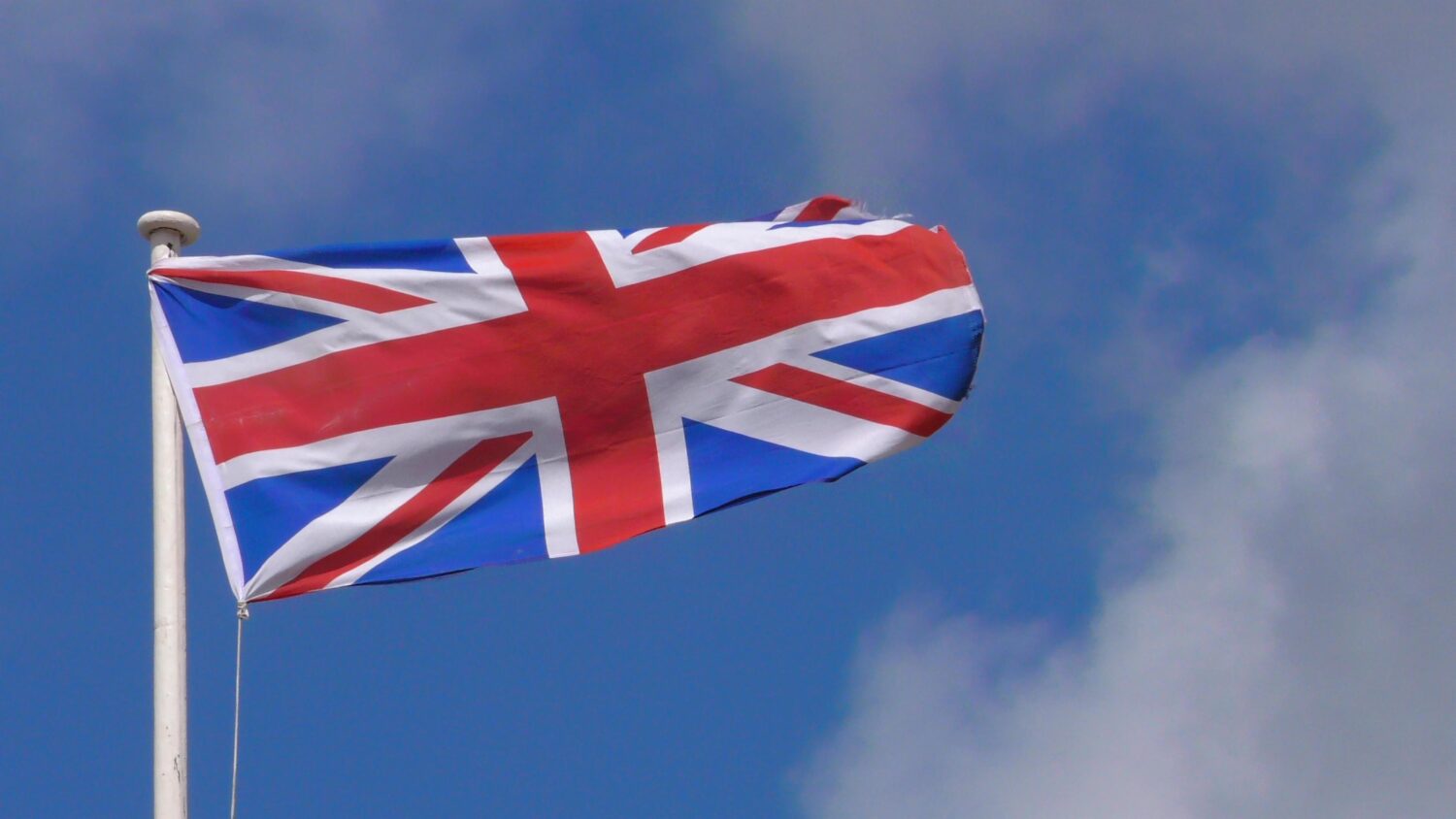https://lochassociates.co.uk/wp-content/uploads/2020/12/simon-frederick-vuV25OfnGa8-unsplash-scaled.jpg
The Brexit transition period is coming to an end. During the transition period the UK continued to apply EU laws, but from 1 January 2021 this will change. What do you need to know about?
We round up all the important information, from recruitment and immigration to trade and data.

Recruitment and immigration post-Brexit
Brace yourself for changes to your recruitment and hiring processes. Free movement is ending, and the UK’s new immigration system starts in the new year.
These are the key things you need to know:
- Sponsor Licence: After 1 January 2021 you’ll need a sponsor licence to hire workers from outside of the UK. If you intend to offer work to an EU citizen who is a skilled worker and doesn’t live in the UK, you’ll need to apply for approval to become a sponsor.
- EU Settlement Scheme: Existing EEA nationals who are living the UK before 31 December 2020 have until 30 June 2021 to register with the settlement scheme to apply for valid immigration status. You should be reminding relevant employees of this (this does not apply to Irish citizens).
- Right to Work checks: You can continue to check right to work in the same way as you do now up until 30 June 2021. From 1 July 2021, employers must see proof of immigration status either through the EU settlement scheme or the new immigration system
If you need help with sponsorship or outsourcing staff, contact Loch HR here.
Trade
Businesses that import and export to and from countries within the EU will be subject to new rules and may experience changes to costs.
Some key things to note from 1 January 2021 are:
- Border checks – You’ll need to fill out a custom declaration form for all goods imported from or exported to the EU. The customs declaration forms can require specific software to complete, so you should review requirements in advance. Up until 30 June 2021, you can optionally record the goods yourself and make the declaration for goods imported from the EU after six months. If you import or export goods from or to the EU then there may also be changes to the VAT and customs duties you need to pay.
- UK Global Tariff – Depending on the outcome of negotiations, the UK Global Tariff could apply to most imported goods, replacing the EU’s Common External Tariff. If you import goods or materials, you can check the tariffs that apply via the Government’s UK Global Tariff tool.
- EORI number – You’ll need an EORI number if you import or export your goods from or to the EU. We recommend applying for this as soon as possible to avoid potential increased costs and delays.
- If you are importing or exporting certain goods from or to the EU, you may need to make changes or complete additional paperwork. For example, a fish exporter will need to register and apply for new catch certificates or if you import chemicals from the EU, you’ll need to register with UK REACH.
- Outside the EU – until the UK puts trade agreements in place, businesses will export to non-EU countries using the World Trade Organisation Most Favoured Nation rules.
Data
The UK will retain the General Data Protection Regulation alongside the Data Protection Act 2018 at the end of the transition period.
However, there are some key potential changes to be aware of:
- Receiving data from the EU – The EU is assessing the UK’s data adequacy, to determine if the free flow of data between the EU-UK can continue. If this is not concluded by the end of the transition period, you may need to make changes if you receive personal data from the EU. From 1 January 2021, you may need to have Standard Contractual Clauses (SCCs) in place with EU counterparts to continue to legally receive data from them. If you need more information on this contact our employer lawyers, who specialise in GDPR too.
- Data controllers and processors – If you have no physical presence in the EU, but offer goods or service into the EU, you will need to consider appointing an EU representatives to comply with EU GDPR.
Solicitors at Loch Law are experts in data protection legislation and can provide solutions to ensure you comply, contact us if you need help or want to discuss your business.








